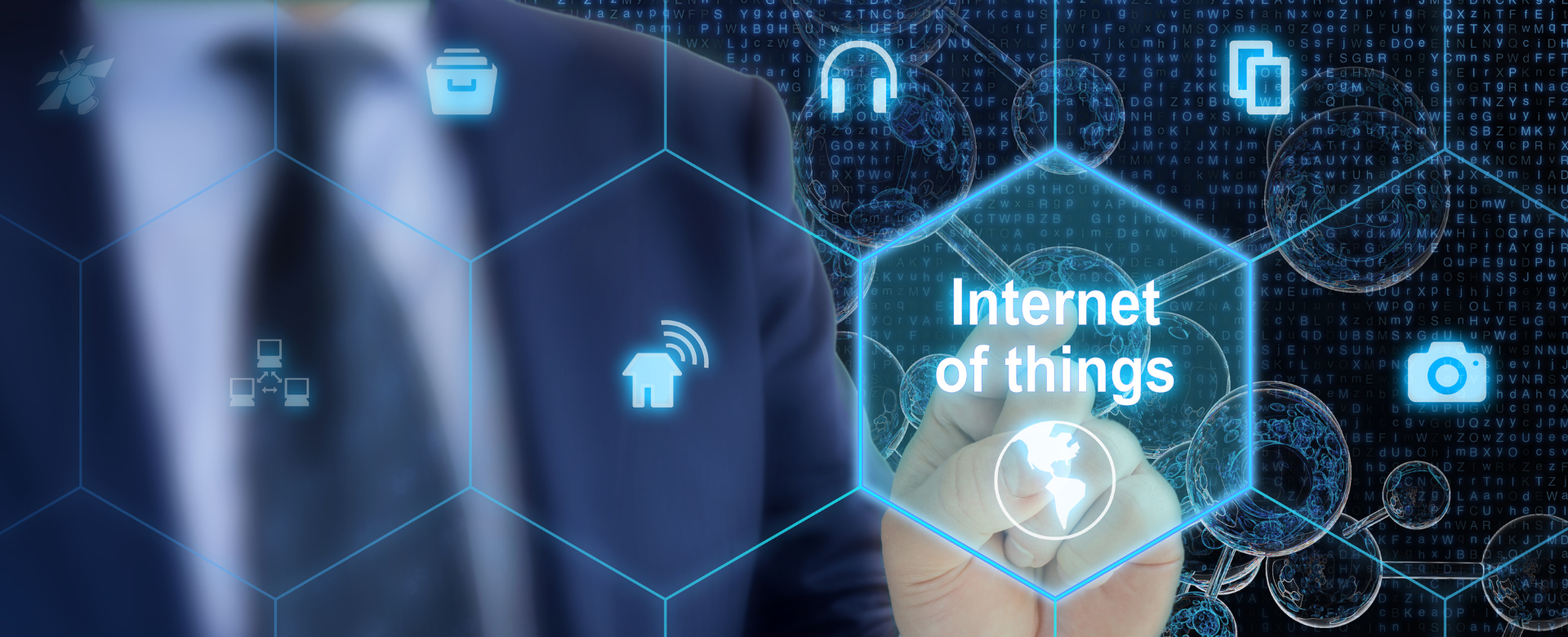
The Internet of Things (IoT) Revolution: Transforming Businesses of Today
The Internet of Things (IoT) has emerged as a transformative force in the modern world, revolutionizing the way businesses operate and engage with their customers. IoT refers to the vast network of interconnected devices that can collect, share, and act on data without human intervention. From smart sensors and wearables to connected machinery and autonomous vehicles, IoT has become an integral part of the digital revolution, significantly shaping the landscape of businesses today.
One of the most significant impacts of IoT on businesses is its ability to enhance efficiency and productivity. Through the seamless integration of devices and systems, companies can optimize their processes, automate tasks, and streamline operations. IoT-enabled supply chain management, for instance, provides real-time tracking and monitoring of goods, enabling businesses to make data-driven decisions and improve logistics. This increased efficiency translates into reduced costs and enhances overall performance, giving businesses a competitive edge in the market.
Moreover, IoT has opened new opportunities for data-driven insights. With a plethora of devices generating vast amounts of data, businesses can analyze this information to gain valuable insights into customer behavior, preferences, and trends. By leveraging these insights, companies can develop personalized products and services, leading to improved customer satisfaction and loyalty. This data-driven approach also empowers businesses to make well-informed decisions, optimize marketing strategies, and tailor their offerings to meet specific customer demands.
Another notable effect of IoT on businesses is the creation of new revenue streams. As IoT devices become more prevalent, companies are exploring innovative business models centered around data monetization. For instance, smart home devices offer a treasure trove of data on user habits, and companies can collaborate with other industries like insurance or energy providers to leverage this data for personalized offerings. In this way, IoT fosters collaborative partnerships and promotes the emergence of novel revenue-generating opportunities.
Furthermore, IoT plays a pivotal role in enhancing customer experiences. Smart devices, wearables, and mobile apps enable companies to provide real-time services and support, enabling a seamless and personalized customer journey. For example, IoT-connected healthcare devices allow patients to monitor their health conditions remotely, fostering preventive care and reducing hospital visits. Such improvements in customer experience can lead to higher customer retention rates, brand loyalty, and positive word-of-mouth referrals.
However, as businesses embrace IoT, they also face new challenges, particularly in terms of security and privacy. The extensive network of interconnected devices creates a larger attack surface for cybercriminals, making data breaches and privacy infringements more likely. To mitigate these risks, businesses must prioritize robust security measures, implement encryption protocols, and regularly update their IoT devices to protect sensitive information.
The Internet of Things is undeniably transforming the way businesses operate in the contemporary world. Its ability to enhance efficiency, provide data-driven insights, create new revenue streams, and improve customer experiences is reshaping industries across the board. However, it is essential for businesses to remain vigilant about security and privacy concerns associated with IoT. With the right approach and adaptation, businesses can fully harness the potential of IoT to thrive in an increasingly interconnected and digital world.
CONTACT US
Get In Touch Today!
Please leave your message and we’ll get back to you.
Phone number:
0828881444
Email address:
Hello@DataXoom.co.za
Address:
3 Utshani close, La Lucia, Durban ZA
Operating Hours:
Monday to Friday 8 - 5



